- Home
- News And Events
- What’s Going On
- Ie Alumni’s African Startups Find Solutions For Global Challenges
IE Alumni’s African Startups Find Solutions for Global Challenges
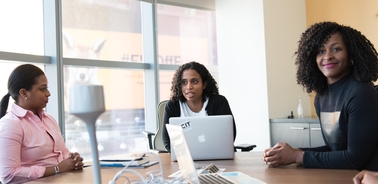
IE alumni’s businesses find solutions to global challenges amidst Africa’s promising startup landscape.
African businesses had a record-breaking year in 2019. Annual venture capital investment in African startups reached $1.3 billion in 2019, according to database WeeTracker. The first fintech unicorn--Interswitch-- popped onto the scene. And tech ecosystems are sprouting across the continent.
And it’s not only technology. There’s more: agriculture, services, exporting and recycling.
This promising startup landscape is now adjusting to the post-Covid 19 world. IE Business School and the IE Africa Center look to shine a light on African solutions to global challenges.
“There is so much innovation happening in Africa. Remember, it's the birthplace of FinTech,” said IE Africa Center Chair Felicia Appenteng. “If you want to be a part of cutting edge innovation, work on a massive scale and be a part of a global shift in power - go to Africa.”
With that in mind, a growing number of IE Business School alumni are setting up successful African businesses.
Here are a few to keep an eye on in 2020:
A-World
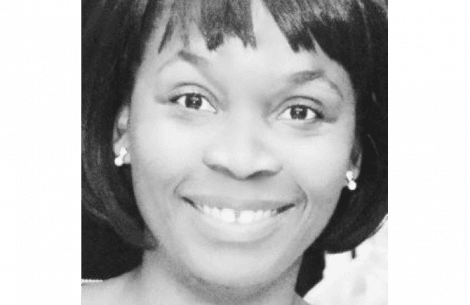
Diengani said her work with non-governmental organization CongoChance to empower single mothers and farmers planted the seed for what became A-World. She spent time with farmers learning about their needs and how to address challenges in their world.
“We knew that the demand for agricultural products will always be there because food is one of the basic needs of man, and there will always be a need for agricultural entrepreneur.”
Kudiya Diengani
“We knew that the demand for agricultural products will always be there because food is one of the basic needs of man, and there will always be a need for agricultural entrepreneur,” Diengani said. 'Congolese’ soil is fertile but the agricultural sector is neglected and the majority of goods are either imported or produced in small-scale in poor areas and for personal consumption.
Thus, A-world was born to support, advise and finance women farmers. In 2014, A-World commercialized its first harvest: cassavas, tomatoes, chives, eggplant and peanuts.
While she said the investment has proved profitable and local farmers are now selling their produce in the city, the IE Business School alum highlights another positive outcome: changing the social representation of women farmers and agricultural workers.
“For a long time, these were seen as low-level jobs, but with our promotion of this industry, the image of farmers and their work is changing amongst the local community. After all, farmers are the backbone of a society: they provide for our essential needs and their work is to be valued.”
BPL Nigeria Ltd
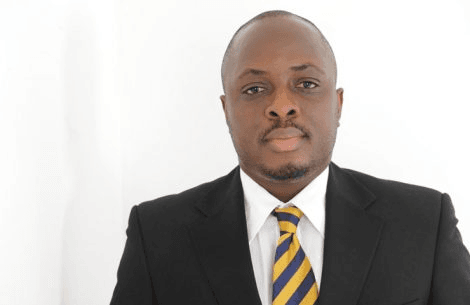
Oluwabiyi said the idea originated while chatting with a classmate during his IMBA 2009. They spoke about going to Africa to set up a base and immediately after the IMBA, between 2010 and 2011, they set up a trading company in Ghana trading steel, copper and aluminum.
“IE Business School gave me not just an MBA but helped build a network that I am still enjoying till today and will most likely enjoy forever.”
Ajibade Oluwabiyi
“IE Business School gave me not just an MBA but helped build a network that I am still enjoying till today and will most likely enjoy forever,” he said. “Meeting people from well over 60 countries from different backgrounds, orientations and view of life meant I became a much more exposed person and was a rich source of learning that I still enjoy.”
But that was just the start. Oluwabiyi turned his sights to Nigeria and moved into lead in 2013 with BPL.
BPL capitalizes on the local network of collectors that form the backbone of the company and are preparing to start a full-scale refining plant in Nigeria to produce 14,000MT of 99.985% pure lead.
Get It Done Now
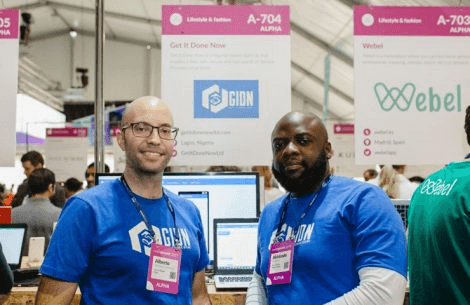
Get It Done Now (GIDN), which offers a wide palette of professional services via an app, ranked one of the favorites at the September 2019 Venture Day in Lagos. Later that year, marketing agency TopYouGo awarded the startup the 2019 Business of the Year.
“We are an impact startup,” Rodriguez explains. “We are focused on providing a product of quality for the vast majority of the population, a product that is safe, useful, and at a contained cost.”
Get it done now was one of the four Nigerian startups to take part at the Alpha Summit in Portugal, a highly competitive platform for startups-- and was one of the few Nigerian startups invited to the Web Summit 2019.
“In my opinion the MBA program was very useful to access the tools for creating a business venture, but it is the people, especially your classmates, the real differential factor, as it leads to creativity and execution.”
Alberto Rodriguez
“In my opinion the MBA program was very useful to access the tools for creating a business venture, but it is the people, especially your classmates, the real differential factor, as it leads to creativity and execution,” Rodriguez said. At the moment the startup is working on new features in both iOS and Android versions of the application.
SE Holdings
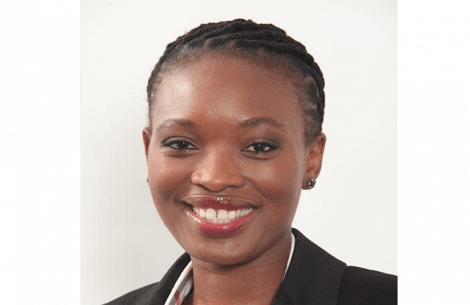
Founding Director Maesela participates in a range of South African mentorship programs, coaching strategy development and execution for companies in South Africa.
She said she is passionate about grooming and coaching SMMEs using what she learned at IE Business School to build resilient African companies with her business solutions.
SE Holdings was recently named to the advisory board for Coca Cola Supplier Development Program. Maesela said they will provide support and strategic direction to SMMEs who will be the biggest suppliers to Coca Cola South Africa in the near future.
AfroUrembo
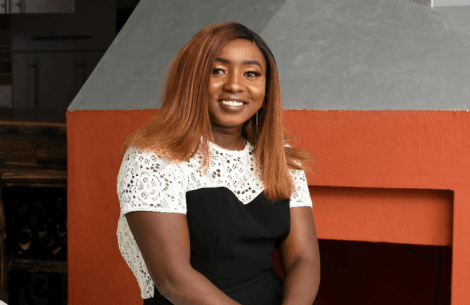
The Kenyan alumnus Irene Kieru defines AfroUrembo startup journey as a story of failing and rising again and taking the right path moving forward. The inspiration for the business stemmed from when Irene conceived the preoccupation of many Africans especially the females when they move into new cities to find hairdressers especially in the cities in which they stay as minorities.
“Afrourembo is designed to meet the needs of busy African woman and man who love convenience and transparency. So far there is no app that is dedicated to the African population and I believe Afrourembo will set the stage to this very rich market.”
Irene Kieru